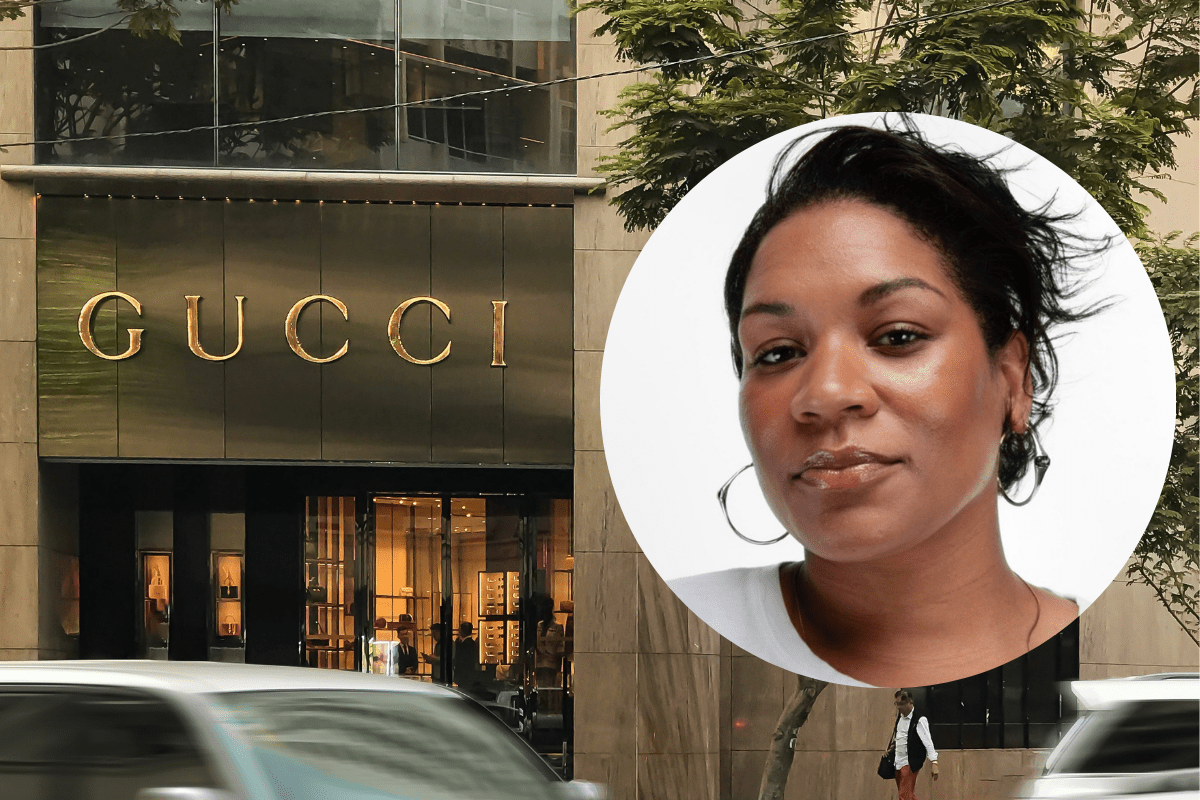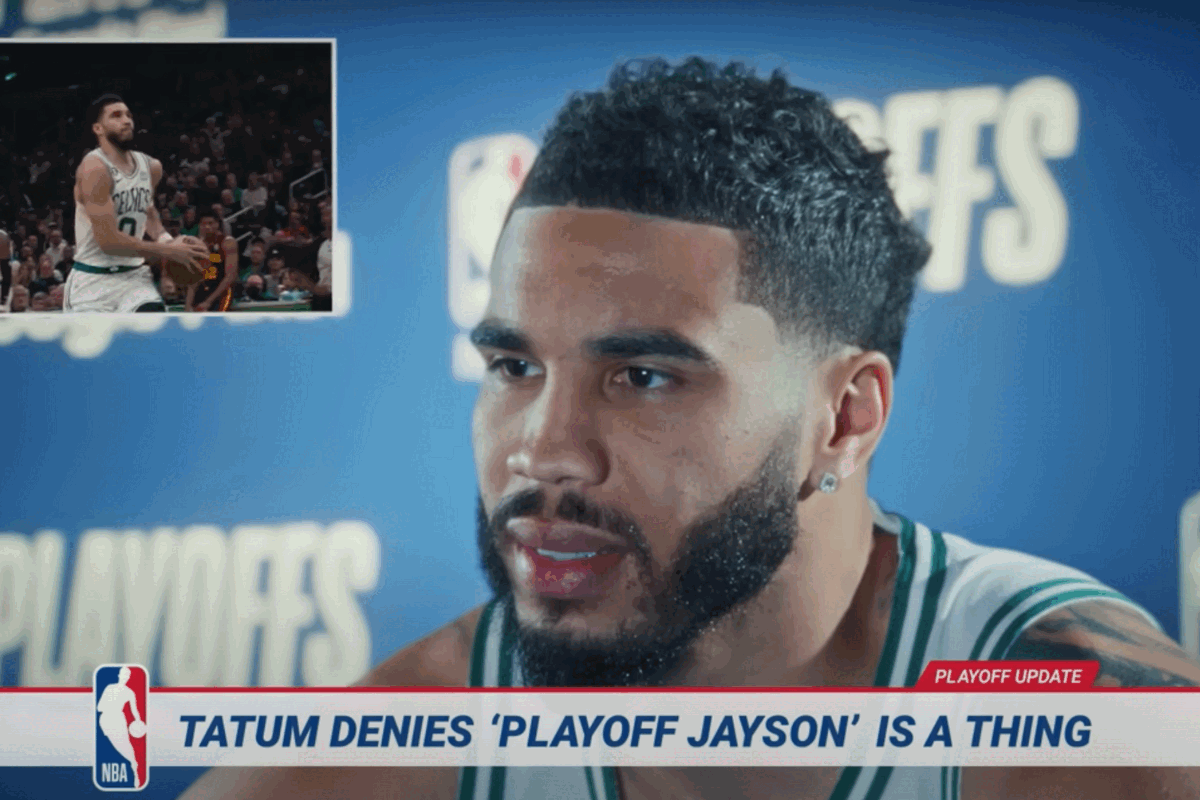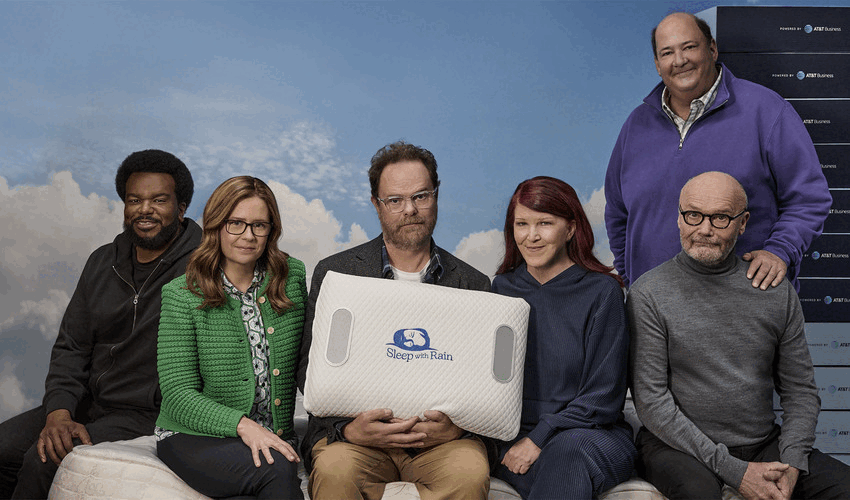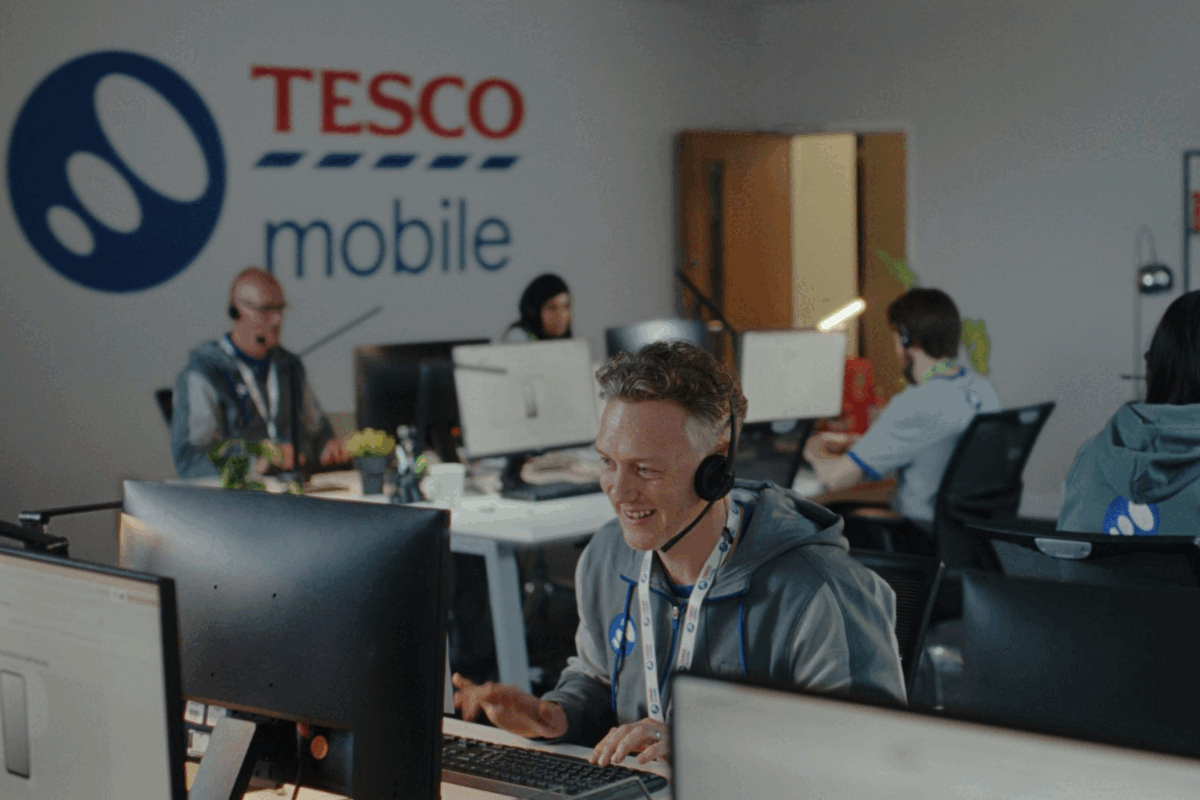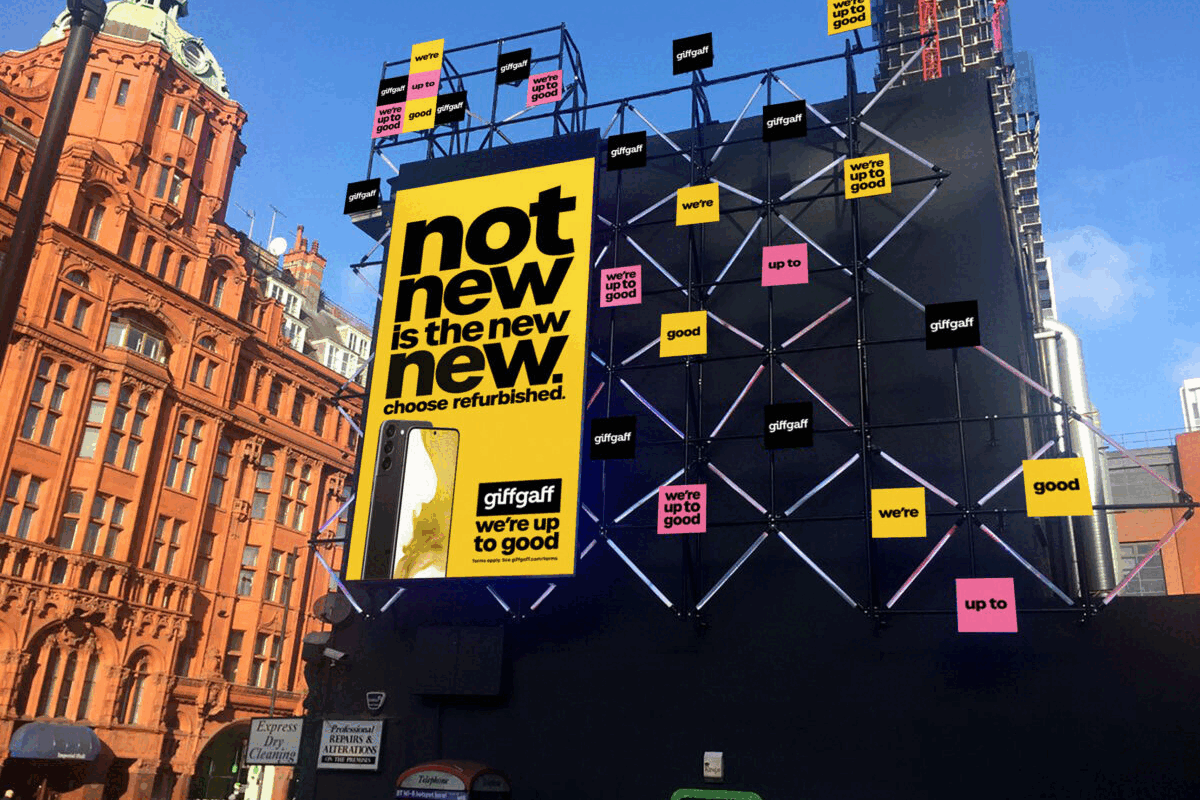Alphabet and Amazon fortunes differ on back of latest earnings
- Friday, July 26th, 2019
- Share this article:
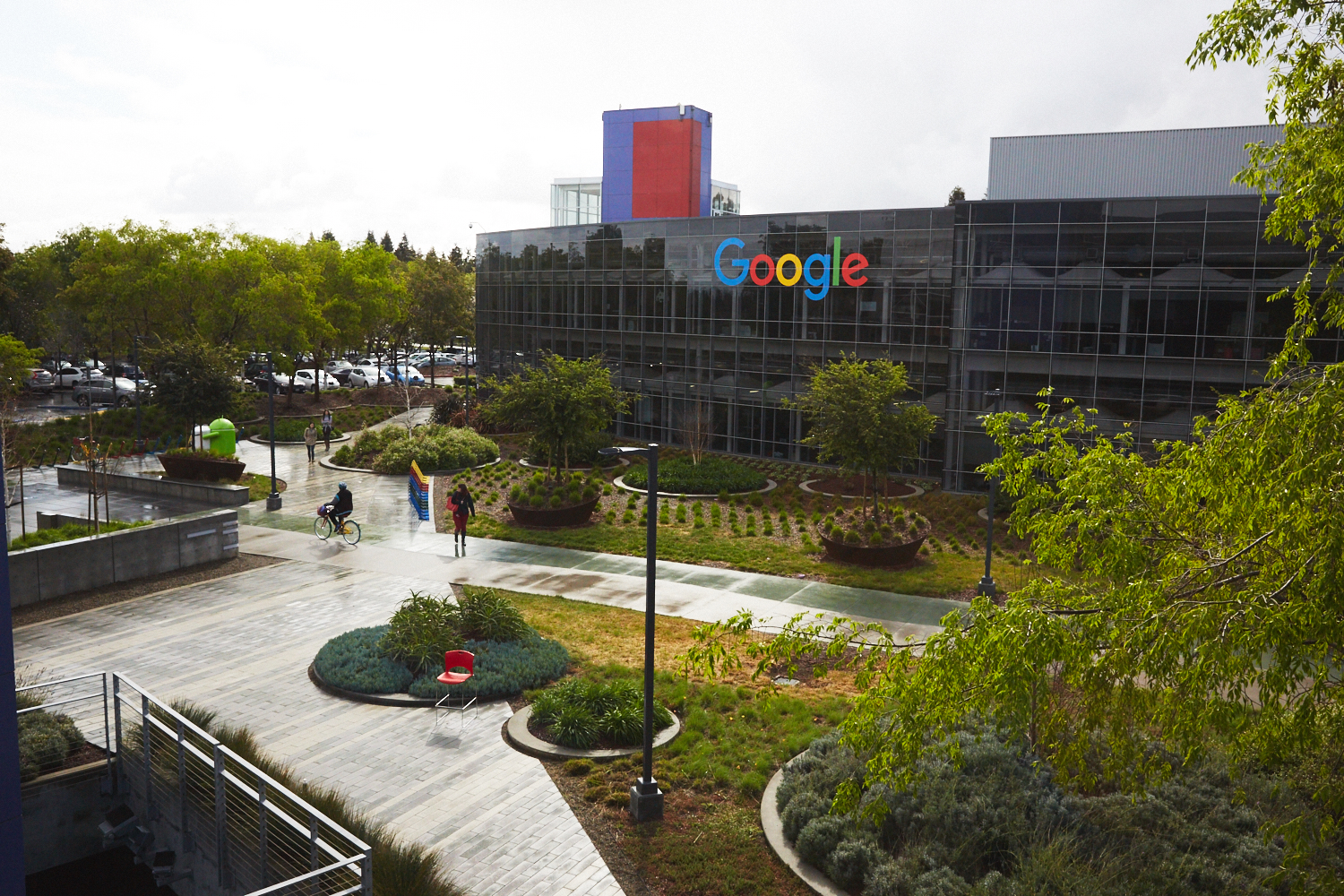 Alphabet bounced back from a tough opening period of the year, seeing shares rise by over seven per cent, by reporting higher than expected revenue and earnings in the second quarter. Meanwhile, Amazon’s fate was little different. The eCommerce giant fell short of profit expectations for the first time in two years, while beating revenue forecasts, as shares dropped by around two per cent.
Alphabet bounced back from a tough opening period of the year, seeing shares rise by over seven per cent, by reporting higher than expected revenue and earnings in the second quarter. Meanwhile, Amazon’s fate was little different. The eCommerce giant fell short of profit expectations for the first time in two years, while beating revenue forecasts, as shares dropped by around two per cent.
Google parent Alphabet increased revenue by 19 per cent compared to Q2 2018, climbing from $32.7bn to $38bn in the second quarter of 2019. The company more than tripled its after-tax income to $10bn from $3.2bn. This translated into earnings per share of $14.21, nearly $3 above the $11.30 expected by analysts, and there was also lower than expected traffic acquisition costs reported. On the other hand, operating losses grew from $732m to $989m in Alphabet’s ‘Other Bets’, which houses its self-driving firm Waymo and its internet-carrying balloon business Loon, among other projects.
“Our effort to build a more helpful Google for everyone brings countless opportunities to help users, partners, and enterprise customers every day,” said Sundar Pichai, Google CEO. “From improvements in core information products such as Search, Maps, and the Google Assistant, to new breakthroughs in AI and our growing Cloud and Hardware offerings, I’m incredibly excited by the momentum across Google’s businesses and the innovation that is fuelling our growth.”
Amazon’s revenue rose 20 per cent to $63.4bn, compared to the $52.9bn reported in the second quarter of 2018, topping analyst predictions by nearly $1bn. Despite this, the company reported second quarter earnings of $2.6bn, or $5.22 per share, compared to $2.5bn the year prior. Analysts expected to see earnings per share at $5.57.
“The stagnation we’re seeing has been bubbling under the surface for some time. With such a diversified business model, Amazon has been able to lean on different parts of the business for stability. This has meant it’s been able to get by while critical challenges have arisen at the business’s very core – the marketplace,” said Sophie-Light Wilkinson, EMEA VP of marketing at Bazaarvoice.
“We’ve seen in recent months how consumer trust has been thrown by fake product and fake reviews scandals. It has clearly impacted how consumers approached this year’s Prime Day, with major competitors benefitting from an uptick in interest. While Amazon endures for now as the final point-of-sale, it’s clear consumers now look to qualify purchases elsewhere, creating a big opportunity for retailers all over the world.”
Both Amazon and Google are facing a broad investigation from the US Justice Department, along with all other major tech firms, reviewing whether the biggest players have engaged in unfair practices that have held back competition and limited innovation.




